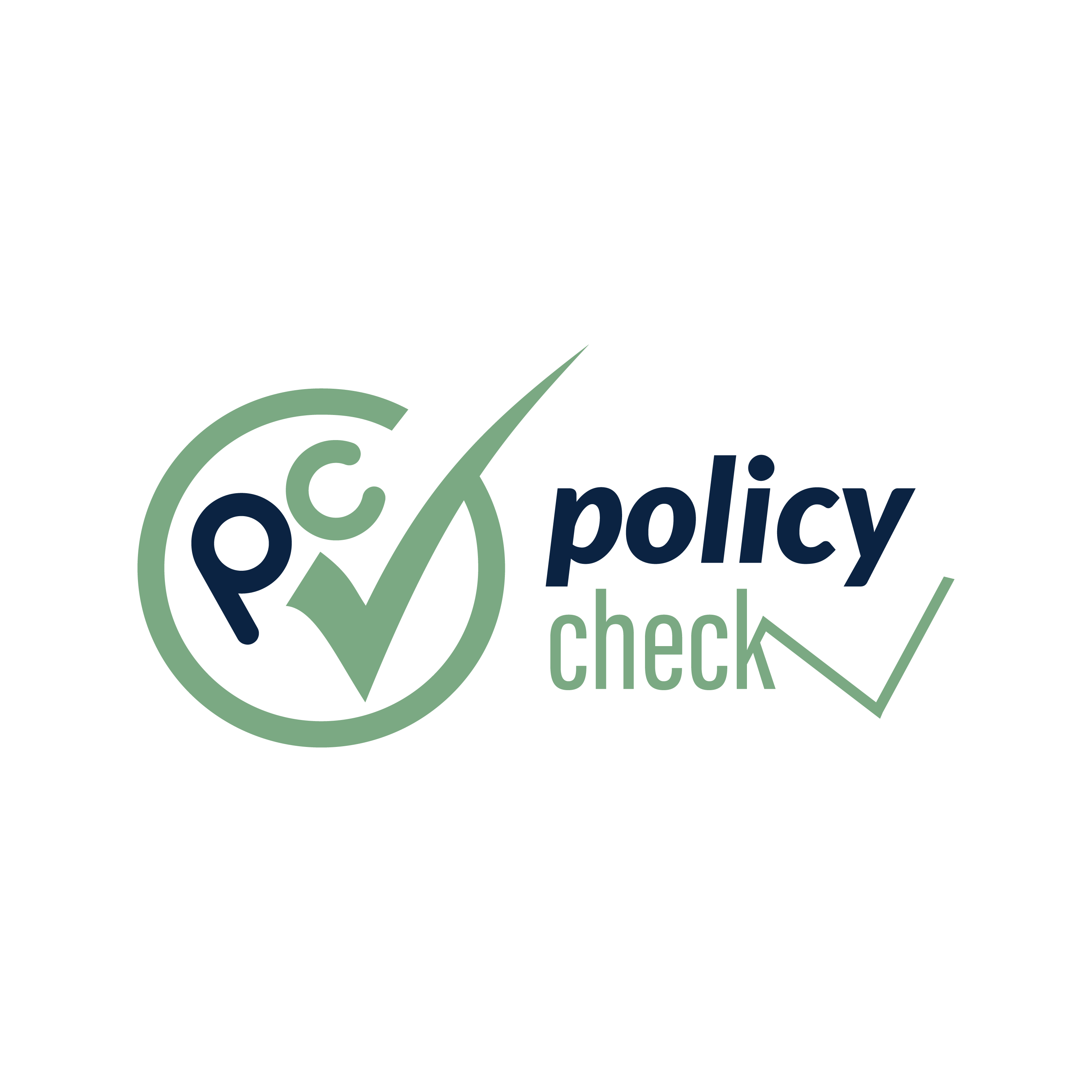UK insurance regulation
Since the UK is approaching 2025, the insurance regulation process is going through major changes. As a result of Brexit, the UK is currently able to adapt its insurance regulation system to better reflect what the country needs. As a result, authorities have a chance to modernize control, motivate new developments, and guarantee the sector stays ahead internationally while focusing on the country’s economy and society goals.
The impact of Solvency II Reform on Economic Growth

Solvency II is expected to be one of the biggest effects in the coming months. After being introduced in the EU, Solvency II was said to be overly complicated and inflexible. Authorities in the UK are making steps to ensure the changes help investment in the country long term. The changes in capital rules are supposed to encourage billions of private funds to flow into infrastructure and green projects, which should help the economy and boost the UK’s efforts to become net-zero.
Consumer Protection is Now the Main Focus
Recently, the FCA has made it clear that they are committed to regulations that look after consumers. The launch of the Consumer Duty in 2023 boosted standards for the way companies should take care of customers. In the future, regulations will be stronger and insurance providers must show that their services are valued by people, easy to understand, and lead to positive results. With this decision, the company shows it cares about rebuilding trust among the public and keeping customers’ needs first in every business action.
Adopting Technology While Handling Potential Problems
In the insurance industry, technology keeps evolving, and artificial intelligence, data analysis, and automation now greatly affect how things are managed and decisions are made. At the same time, these new technologies carry risks that regulators want to handle. Come 2025, the UK government hopes to set out in more detail the right way to use AI ethically and transparently. They will have to explain how they stop algorithms from being biased and make their online activities secure from cyber attacks. The main focus is on letting new technologies spread, ensuring they help everyone and are used safely and fairly.
Implementing sustainability and including climate risk when building and operating financial structures
Developing environmental sustainability is quickly becoming important for legislation. At present, the expectation from the Prudential Regulation Authority (PRA) for handling climate-related financial issues is moderate, yet this is set to get more demanding in the near future. Companies involved in insurance should focus on making adjustments in their business and investment practices because of climate risks. Probably, disclosing climate-related risks and performance with reference to frameworks such as the TCFD will be required soon to increase transparency and responsibility in UK Finance’s role in the country’s decarbonization.
Building international cooperation
The UK is still involved in setting rules across the world even as it has left the EU. Since the UK is part of groups such as the International Association of Insurance Supervisors (IAIS), it is focused on creating matching regulations for overseas operations. In 2025, we can expect UK insurers to continue to collaborate with foreign groups to coordinate practices, boost innovation, and eliminate difficulties in the global economy.
Getting Ready for the Dynamic Changes in Regulations
Insurance companies will have to face both problems and opportunities on the journey ahead. Organizations are being prompted to put money into compliance systems, manage their data and risks well, and develop a spirit of transparency and responsibility among employees. Getting used to the latest regulations now provides a better chance to succeed in unpredictable situations and meet the new expectations from both regulators and consumers.
To sum up: Innovation and responsibility should be balanced.
UK insurance regulation is being influenced by finding the right balance between innovation, what the economy needs, and social principles. The industry has deemed that by 2025, it will be run based on a framework that is quicker, greener, and focused on consumers. These developments focus on more than compliance and hope for an insurance industry that will strengthen the economy, defend customers, and weather challenges linked to rapid global growth. With the arrival of new regulations, insurers must keep up, be truthful, and continue to give solid value as society and technology advance.








